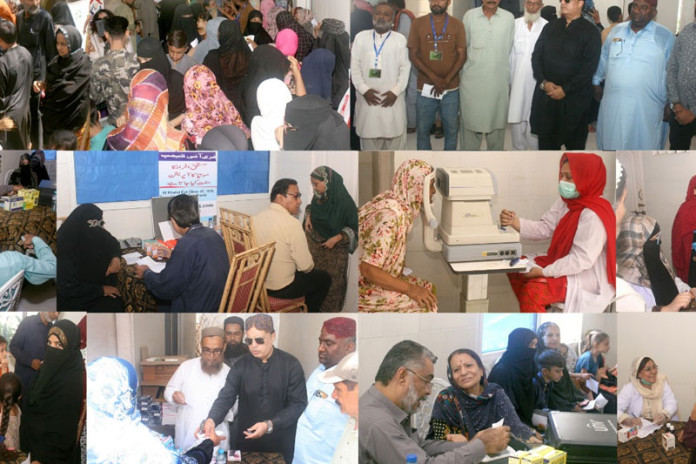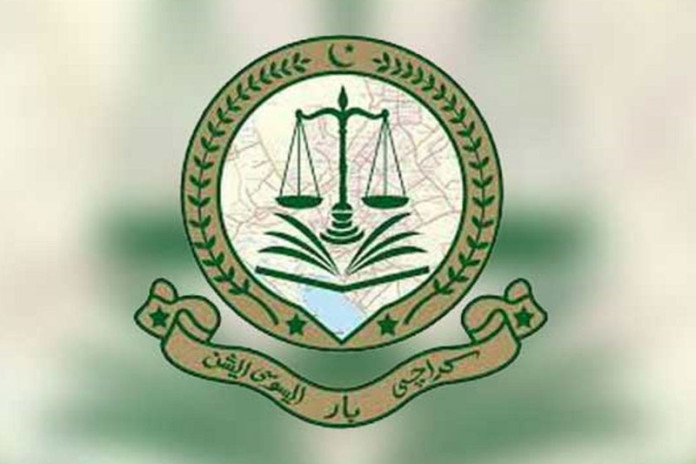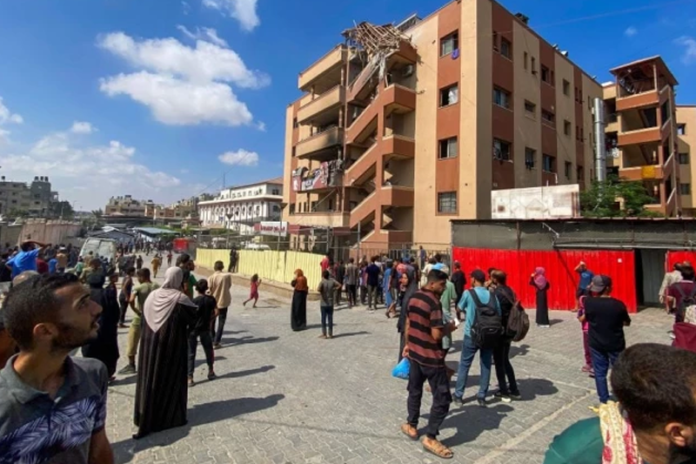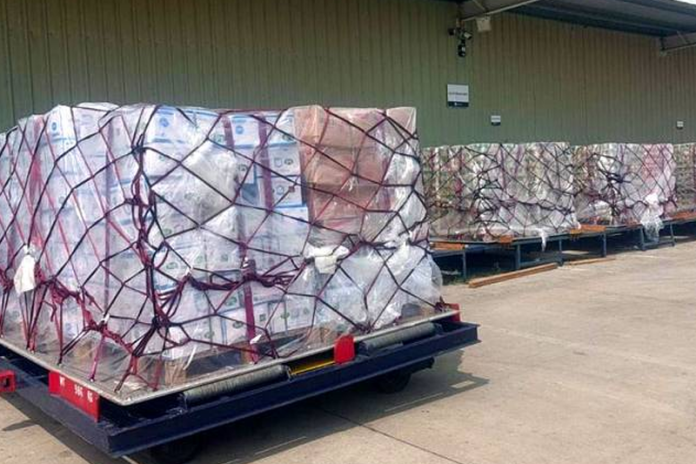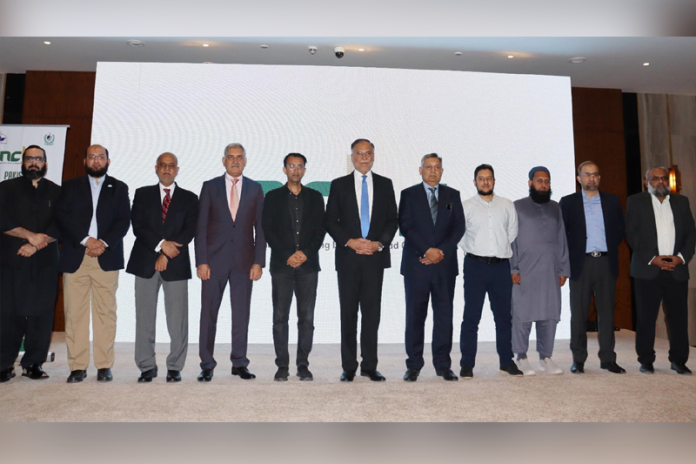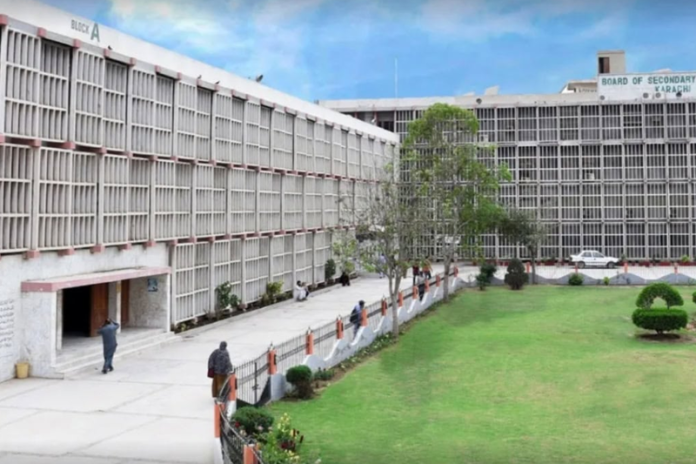Lowest level of water in Dams
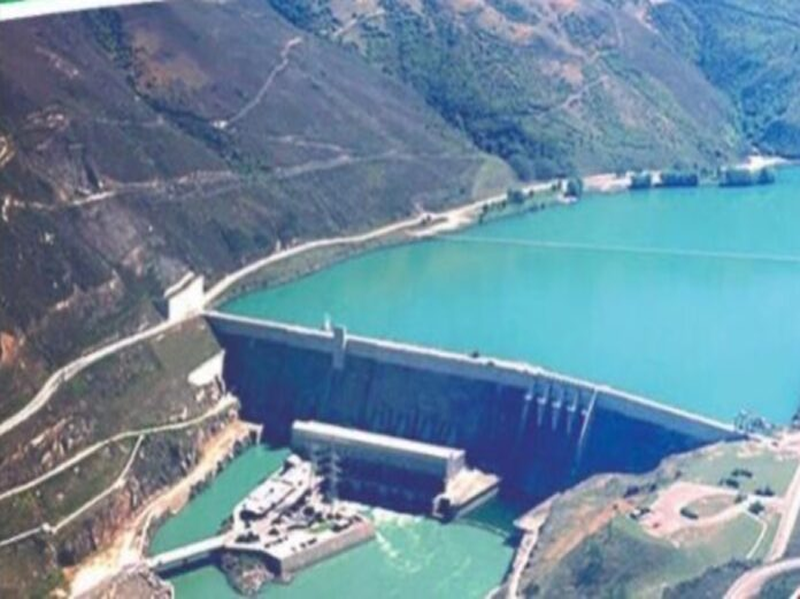
- 485
- 0
Due to the lack of rain this time in the country, the water reserves in Tarbela and Mangla Dams are about to reach their lowest level, which may create a drought-like situation in Punjab and Sindh and as a result, the entire country may face food shortage.
In this regard, the Indus Water System Authority has warned the officials of the irrigation departments of both provinces to immediately start implementing precautionary measures to avoid a possible unfavorable situation. According to IRSA, Punjab and Sindh are currently facing a water shortage of 30 to 35 percent. In particular, 13 districts of Sindh are at risk of drought. These include Karachi, Hyderabad, Thatta, Khairpur, Benazirabad, Larkana, Tharparkar and Nowshera Feroze etc. are included.
Due to lack of water, crops like wheat, barley, potato, onion, and yam etc. can be severely damaged. Apart from irrigation authorities, local people have also been asked to take precautionary measures on their own to prevent the expected losses. Due to lack of rain, both the major water reservoirs of the country will reach dead level before the end of March. Punjab is already suffering from 20% water shortage, while Sindh is suffering from 14% water shortage.
Temporary relief has been provided by the recent rains, but the threat of drought has not reduced. Emergency measures are urgently needed for this. According to WAPDA, the water in Tarbela Dam has gone below the minimum limit, which is a matter of concern. In such a situation, the need to take effective measures without wasting time has increased even more.
Pakistan's economy is basically agricultural, which cannot flourish without irrigation. Therefore, not only Punjab and Sindh but also the federal government on a national basis will have to shoulder its responsibility in this regard. On the other hand, the water distribution has always been an issue. In fact, Water resources and their distribution have always been a sensitive issue in Pakistan, especially the Indus River, which is considered the backbone of the country's agriculture and economy. In recent weeks, the government has announced the construction of six new canals on the Indus River, which has created serious concerns among the people of Sindh, farmers and water experts. The purpose of the construction of these canals is said to be to solve the problems of higher agricultural production and irrigation, but its possible negative effects for Sindh cannot be ignored. The history of Sindh is linked to water problems.
Since 1947, control over the water of the Indus River has been achieved through various dams, barrages and canal systems. During this time, the water in the Sindh part continued to decrease, due to which agriculture and the ecosystem were severely affected. Historically, Sindh has had a close relationship with the Indus River, as its agriculture, economy and ecological balance depend on this river. The construction of six new canals may be beneficial for Punjab and Khyber Pakhtunkhwa, but its devastating effects on Sindh are clear. The first and biggest problem is the further reduction in water in the Sindh portion. Already, various districts of Sindh, especially lower Sindh areas like Thatta, Badin and Sujawal, are suffering due to water scarcity. If more water is stopped at the upper level, these areas will become even more barren, rendering thousands of acres of land unfertile. The second problem is ecological balance.
The water of the Indus River falls into the sea and maintains the natural environment. There is already a severe shortage of water in the Kotri downstream, due to which sea water is rapidly entering the interior areas and millions of acres of fertile land have become uncultivable due to sea water. If more water is withheld, this process will accelerate and the fertility of the land in the coastal areas of Sindh will be completely destroyed. The third problem is related to Sindh's agriculture. Sindh's farmers are already suffering due to water shortage. Cotton, wheat, rice and other crops are not possible without adequate water supply. If the flow of water is stopped by building more canals at the upper level, Sindh's farmers will suffer further, which will have an impact not only on the local economy but also on the economy of the entire country. The fourth important problem is the implementation of water sharing agreements. The agreements should be such that they are acceptible by all four provinces. Under the 1991 Water Agreement, all provinces were to get a fixed amount of water, but in reality Sindh was always provided with less water. Now if six more canals are built, this agreement will be further violated, which is tantamount to injustice to the people of Sindh. This issue is not limited to water shortage, but its political and social implications will also be very deep. There is already a sense of deprivation in Sindh that resources are not being distributed fairly.
If this feeling is further strengthened, it can increase internal unrest and chaos. Sindh has always seen strong reactions to the issue of water, and if these projects are implemented forcibly, protests and political resistance in Sindh may increase further. In view of all these issues, the people of Sindh, farmers, environmentalists and political leaders should come together to raise their voices against this project. It is important that the government provides water to all provinces on an equal basis and does not violate Sindh's water rights. Moreover, if the government really wants to solve the water problem, the best way to do it is to use modern technology to prevent water wastage, and not create another crisis by building more canals. The people of Sindh demand that fair distribution of already available water be ensured, the impact on the ecological balance be assessed and the coastal areas of Sindh be saved from further destruction.


